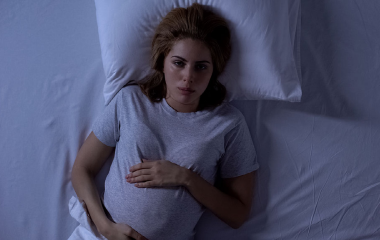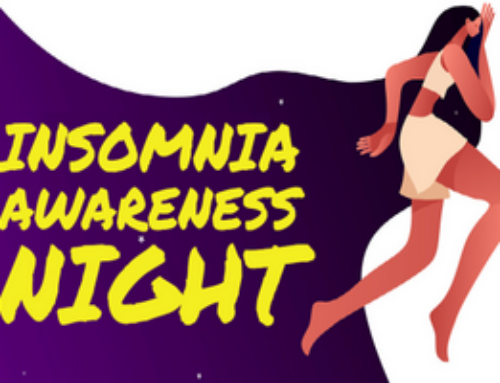Pregnancy can mean sleepless nights and discomfort for many women. But are these common sleep disturbances indicators of an actual sleep disorder? Research from the University of Michigan Sleep Disorders Center suggests they could be.
A recent study found that 36 percent of women in their third trimester had restless legs syndrome (RLS). Half of the women with RLS had moderate to severe symptoms.
The study involved 1,563 pregnant women in their third trimester of pregnancy. Those with RLS were twice as likely to report poor sleep quality and poor daytime function. Pregnant women with RLS were also more likely to have extreme daytime sleepiness. Results are published in the July 15 issue of the Journal of Clinical Sleep Medicine.
Restless legs syndrome is a sleep disorder that causes an intense desire to move your legs. The unpleasant, tingling sensation of RLS can make it hard to fall asleep at night. Women are almost two times as likely as men to develop the disorder.
Data from the study show that RLS is strongly associated with poor sleep quality, daytime sleepiness, and poor daytime function. These symptoms are frequent complaints during pregnancy.
Doctors may overlook patient complaints of poor sleep, lead author Galit Levi Dunietz, PhD, said in a press release. This study suggests that such symptoms could be signs of RLS. Identifying and treating RLS during pregnancy can help minimize uncomfortable symptoms, Dunietz noted.





